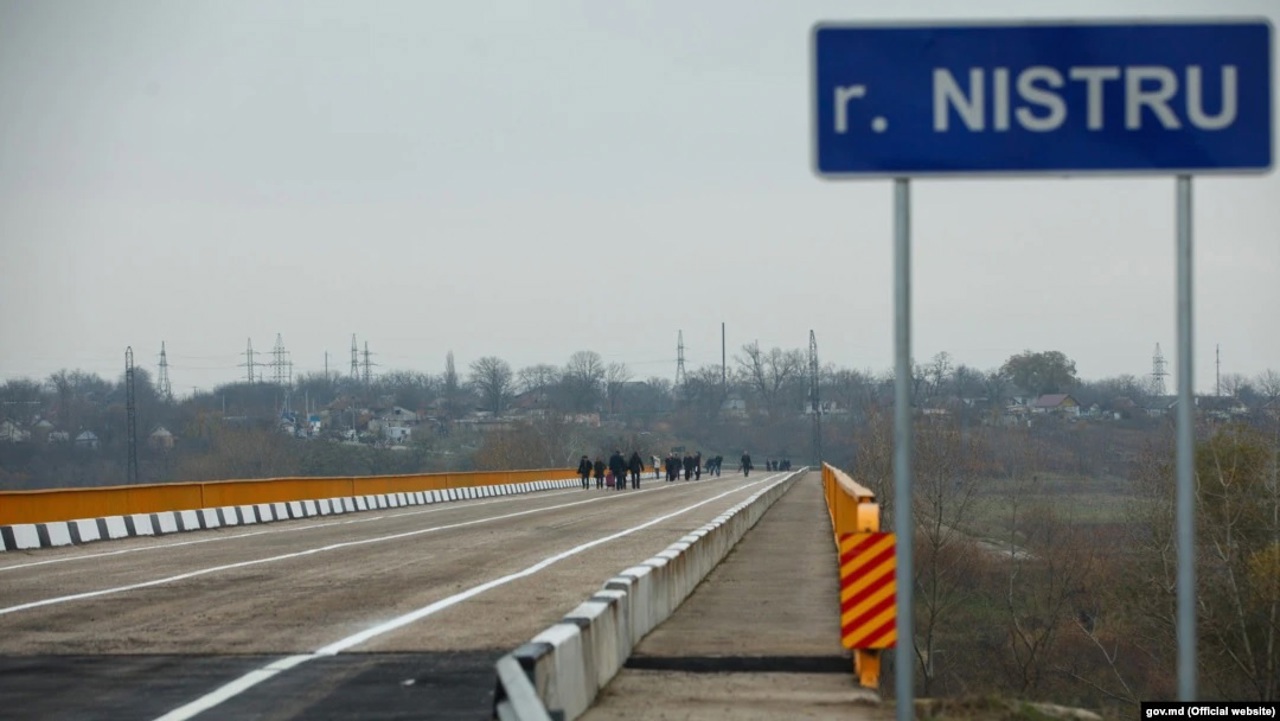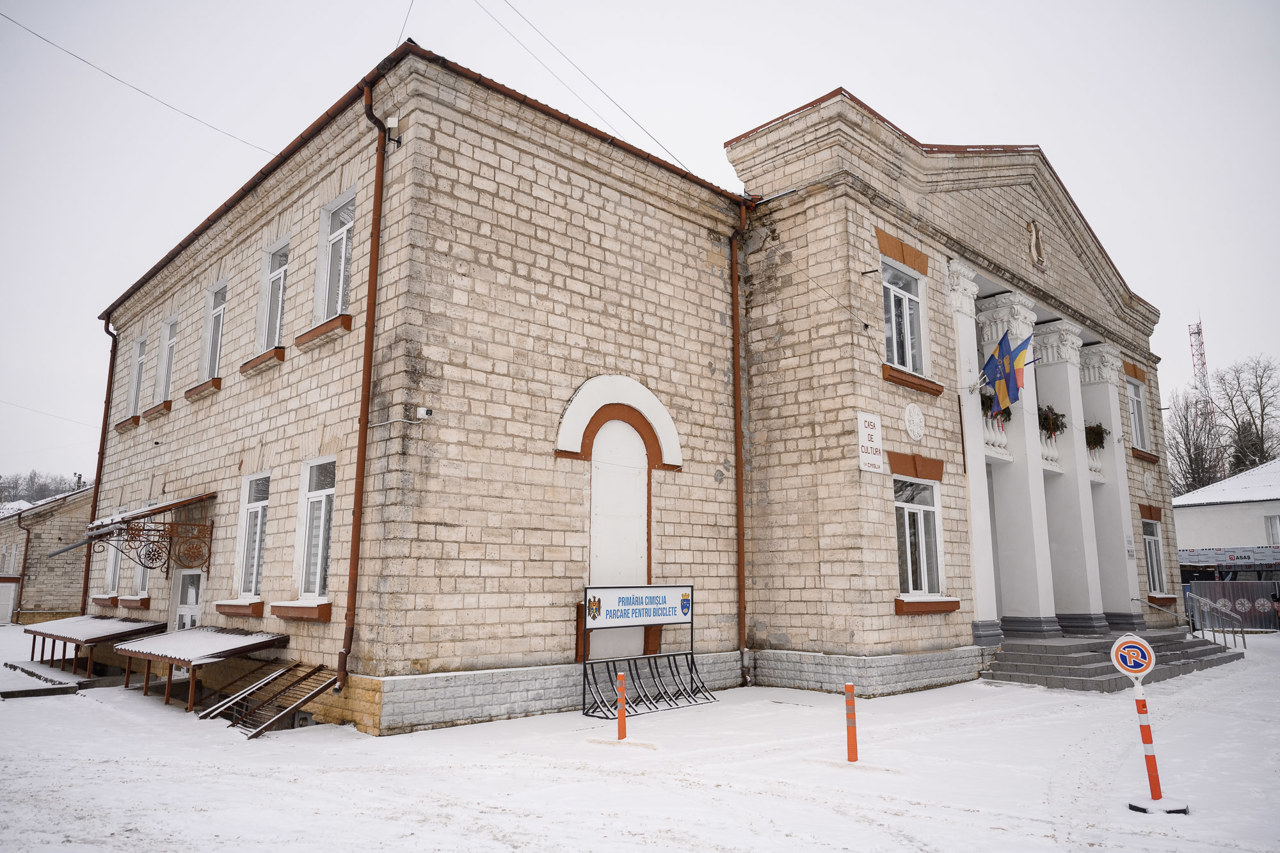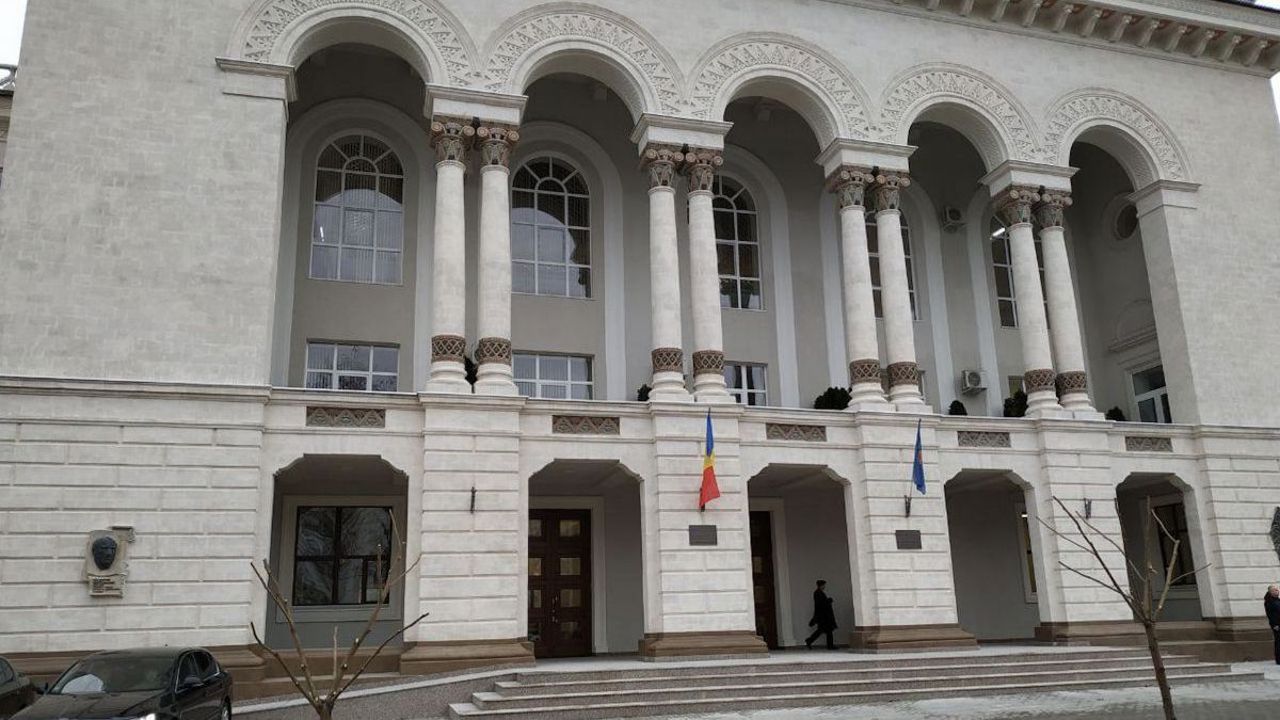State of emergency imposed by Tiraspol, a danger to energy supplies to the right bank? Energocom and the Reintegration Bureau react
The authorities in Chisinau assure that the right bank of the Nistru will have electricity, even if the state of economic emergency comes into force in the Transnistrian region. The assurances come after the publication of the alleged decree signed by the self-proclaimed leader of Tiraspol, Vadim Krasnoselski, which includes a ban on the "export" of electricity. This measure could lead MGRES to stop supplies to the right bank of the Nistru. The Republic of Moldova is not currently facing any problems in the energy sector, and the risk of immediate interruptions is excluded, says Victor Bînzari, the resigning interim director of Energocom.

"I can confirm with certainty that electricity supplies from the Cuciurgan Power Plant on the right bank will not be stopped. We have confirmed the schedules for energy delivery for tomorrow. I made a few more calls to confirm and understand whether it is correct because we, the colleagues from the risk department, also analysed that “order”. I understood that it came into force, and the energy will be stopped from January 1, only if the gas supplies to the left bank are stopped. Until then, we continue as normal. Yes, it is certainly a risky situation, but we are always keeping an eye on everything that is communicated in the electricity sector”, said Victor Bînzari for the Public Broadcaster „Teleradio-Moldova”.
The Reintegration Policies Bureau pointed out that a possible interruption of electricity supplies could only occur if the Transnistrian region is deprived of the necessary natural gas.
On the other hand, the former deputy prime minister for reintegration, Alexandru Flenchea, warns that the alleged authorities in Tiraspol could decide to stop energy supplies to the right bank of the Nistru, even though, under the contract in force, they are obliged to continue supplies until the end of the year.
"The so-called decree stipulates exactly this, around midnight MGRES should stop energy supplies to the right bank, but because it is about the Transnistrian region, where decisions are applied as those who control the region wish, they have full discretion to what extent to apply the ban, fully or selectively, the provisions of this decree. The fact is that this is a signal for the authorities in Chisinau. They have done this before, there were episodes when the entire right bank was without electricity for three days. A contract is a contract, but we are dealing with an entity that is not a country," Alexandru Flenchea told Teleradio-Moldova.
What the so-called order signed by Krasnoselski stipulates
An order signed by the de facto leader of Tiraspol, Krasnoselski, on December 9, announces the establishment of a state of economic emergency in the Transnistrian region. This order is a response to the potential risks associated with interruptions in Russian gas supplies, which are expected to begin on January 1, 2025, via Ukraine.
The authorities in Tiraspol plan to implement several measures, including the "rationalization" of gas and other energy resource consumption. The order also outlines the creation of a state reserve for energy resources and introduces a special regime for the purchase of gas and other energy supplies. Furthermore, the document imposes a ban on the export of energy resources by organizations within the region.
Previously, the so-called Minister of Economy of the region announced that, in the event of an interruption in the supply of Russian gas, the Cuciurgan Power Plant could switch to coal, providing residents of the Transnistrian region with electricity for 50 days.
The state of emergency is to be established for 30 days and comes into force six hours after publication.
We remind you that, starting from January 1, 2025, the contract for the transit of natural gas from the Russian Federation through Ukraine expires. Kiev announced that it will not start discussions with the Russian Federation for its extension.





